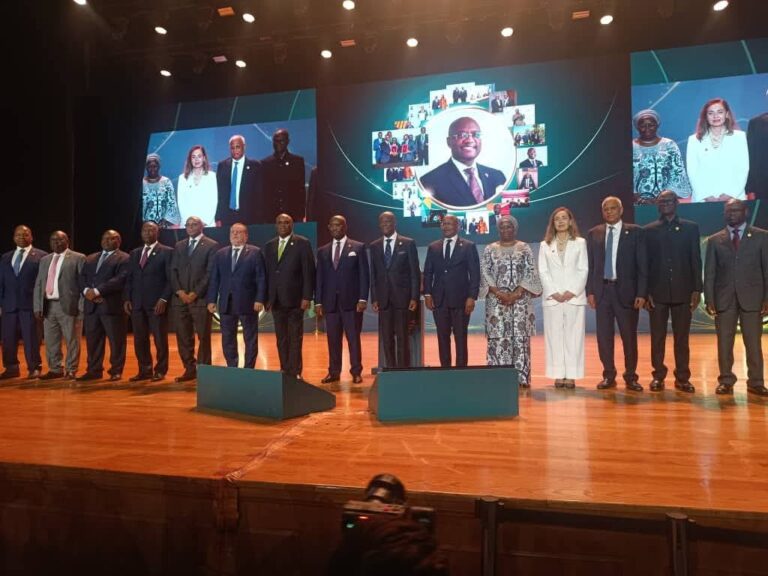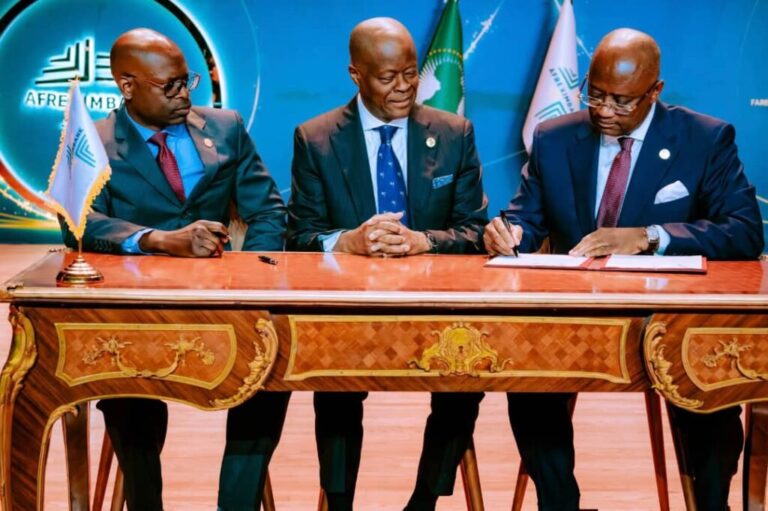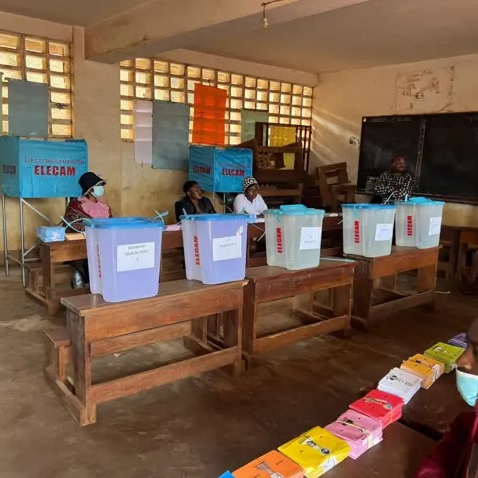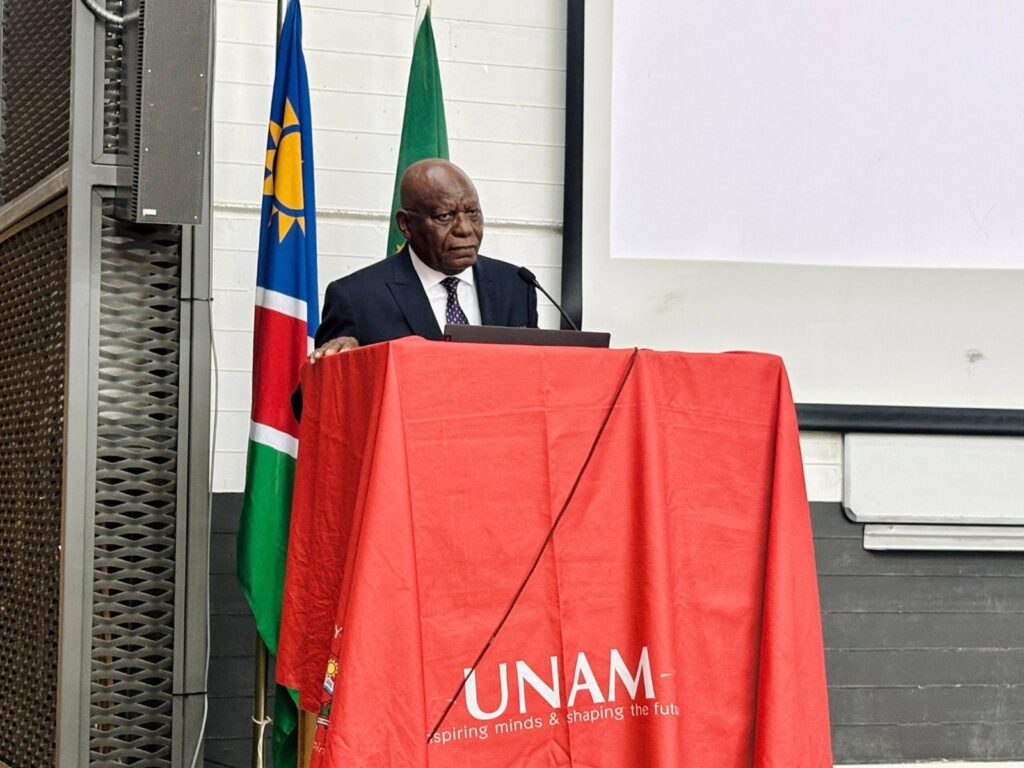
Staff Reporter
THE First Gentleman of the Republic of Namibia, Lt. genl. (retired) Epaphras (Denga) Ndaitwah, removed any doubt about a seismic radical shift from rhetoric to action in implementing policies and development plans that are underway in the Namibian society.
Genl. Ndaitwah gave an underreported public lecture and Informanté highlights some of the ground-breaking remarks of one of the nation’s most illustrious military figures who rose from plan bush fighter to deputy commander of the NDF. He, together with a few other legends on both sides of the war, was instrumental in forming the NDF and although not officially recognized, the NDF parade hoisted the NDF with a mixed guard of honour on 21 March 1991.
Genl. Ndaitwah, who retired as a former chief of the Namibian Army, warned that the best laid plans and visions for the nation can come to nothing if it is not supported by visible action.
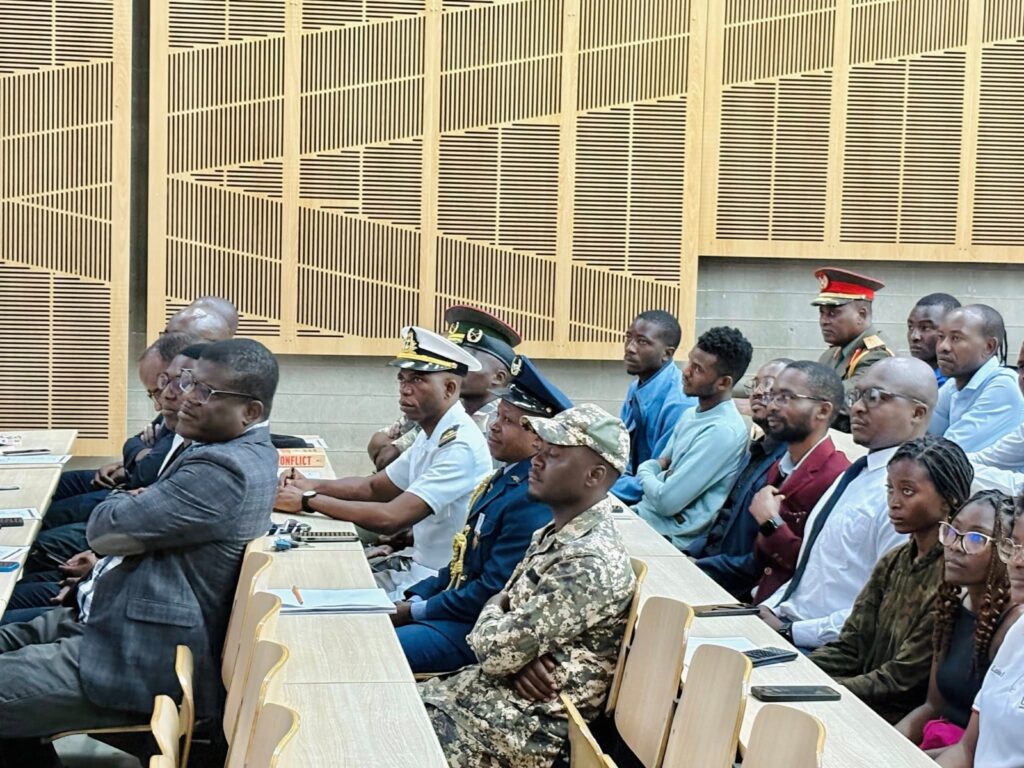
The First Gentleman who now is gaining huge popularity as role model for the male youth and promoting leadership and good behaviour became much admired by his former enemies after independence for his humility, accommodation and leadership in reconciliation from which he never deviated.
He is well known for his humble lifestyle and grounded values of honesty and integrity which add to the gravitas of the President and his wife of nearly 50-years, Dr Netumbo Nandi-Ndaitwah.
“Vision 2030 risks becoming a beautiful but empty academic document unless its ambitions are grounded in the lived realities of our people and implemented with unwavering commitment.”
Vision 2030, unveiled two decades ago, remains one of the most aspirational national blueprints in Southern Africa. It imagines a Namibia that is “industrialised, prosperous, and peaceful.” But as General Ndaitwah warned, visions are not self-fulfilling prophecies. They require action, alignment, and above all, honesty about what is achievable.
He said policymakers have been guilty of crafting targets that sound impressive in documents but crumble under the weight of economic and social realities. “We promise industrialisation, yet our manufacturing base remains shallow. We speak of job creation, yet unemployment, especially among the youth, continues to climb. We celebrate innovation, yet our research institutions remain underfunded and disconnected from industry.”
General Ndaitwah in his well-respected honesty remarked that some national goals were set without proper alignment to available resources and socio-economic conditions. “The uncomfortable truth is that Namibia often plans beyond its means and implements below its capacity.”
He used the NDF as example and admitted that Vision 2030 speaks of building a world-class military force on par with the best in the Southern African Development Community (SADC). But there is no realistic allocation of resources or consistent strategic direction to make this happen. This same contradiction exists in other sectors, from education and health to agriculture and infrastructure.
“We have built a culture where strategy documents are celebrated more than strategic results. A new policy launch often brings applause, yet years later the results are either invisible or undocumented. The tragedy of Vision 2030 is not that it lacks ambition but that it lacks a system of accountability and measurement.”
He said: “Policy formulation and implementation must be grounded in what is achievable. Otherwise, we end up producing documents that cannot be measured or evaluated.”
Genl. Ndaitwah echoed his spouse’s aversion to corruption and in full support he remarked that fraud and nepotism are not independent problems; they are all forms of corruption.”
He said it is important to distinguish because often corruption is shielded as a political issue while corruption is also subtle favouritism in recruitment, the misuse of public resources, and the silent tolerance of mediocrity. It is systemic and cultural. It’s dangerous and it’s a threat to national security.
“If Vision 2030 is to mean anything, Namibia must wage a full-spectrum war on corruption, not just through arrests and commissions, but through institutional reform and ethical leadership. Corruption is not only about money lost; it is about trust destroyed. A nation that cannot trust its leaders, its systems, or its institutions cannot progress, no matter how visionary its plans may be.”
He urged leaders to “surround themselves with capable, ethical individuals who can translate national visions into tangible outcomes.”
“This is an indictment of the culture of patronage that continues to erode public institutions. Too often, appointments are made based on loyalty rather than merit, and the result is predictable: paralysis in implementation. Namibia’s public service is full of well-written policies that gather dust because the people tasked to execute them lack either the skill or the will.”
The Ndeitwah-lecture so early in President Ndaitwah’s historic election as President and Swapo-leader might become one of the most significant future reference points in Namibia’s journey to improved service delivery and ethical government.
In this regard, he said that true leadership, is not about commanding obedience but cultivating excellence. It is about building teams that are competent, diverse, and unafraid to tell the truth.
As 2030 approaches, Namibia finds itself at a crossroads. The rhetoric of transformation must now give way to realism. Vision 2030 must evolve into what it was always meant to be: a living document, continuously updated and informed by changing circumstances.







